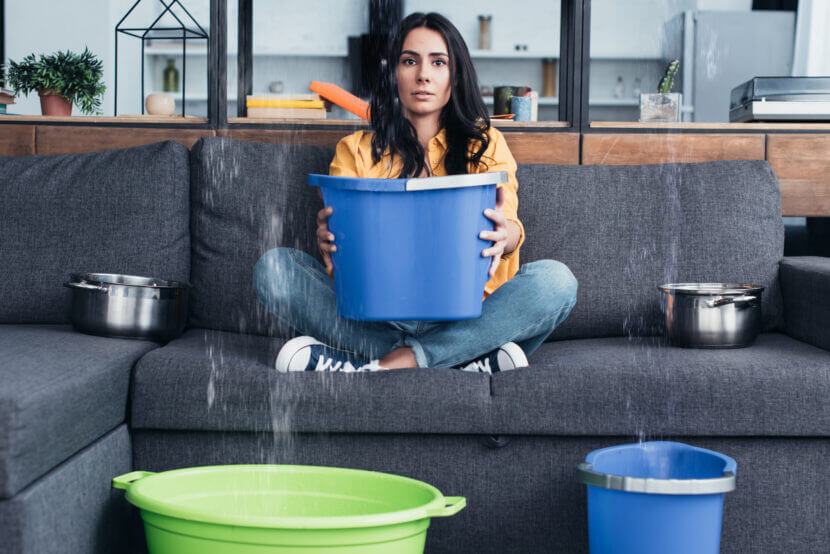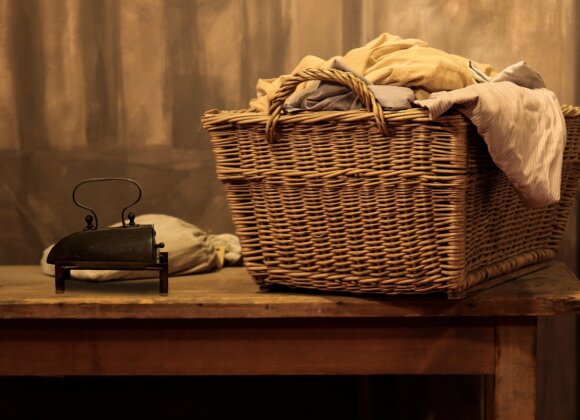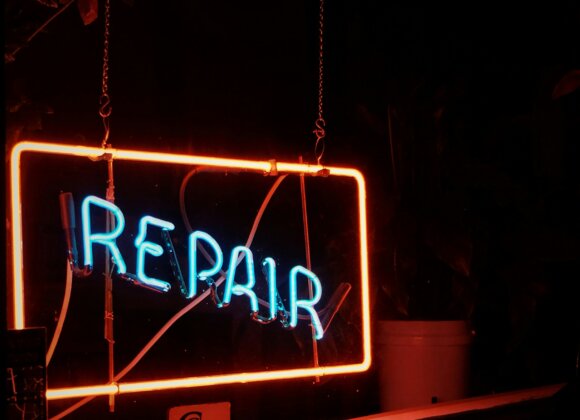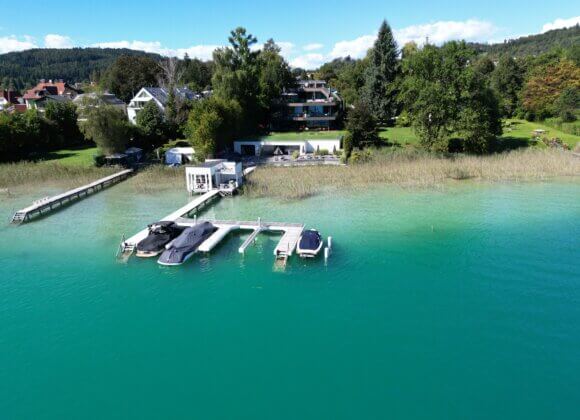Flooding in the kitchen, wet stains on the ceiling in the living room – water damage in your own four walls can cause numerous problems. This makes it all the more important to act quickly and correctly.
It’s one of those surprises that you definitely don’t want to miss out on – you come home in the evening and the kitchen is under water. A burst water hose in the dishwasher or washing machine, a hairline crack in the water pipe. This is not only annoying, but can also lead to serious problems.
First aid for water damage
If the water is bubbling, you should – if possible – turn off the main water tap immediately and call the fire department or the waterworks. To protect electrical systems from short circuits, the circuits should be de-energized. This prevents further damage to the apartment or house. Incidentally, this also applies to tenants, who are also obliged to do so. The landlord, property management company or homeowner must also be informed immediately.
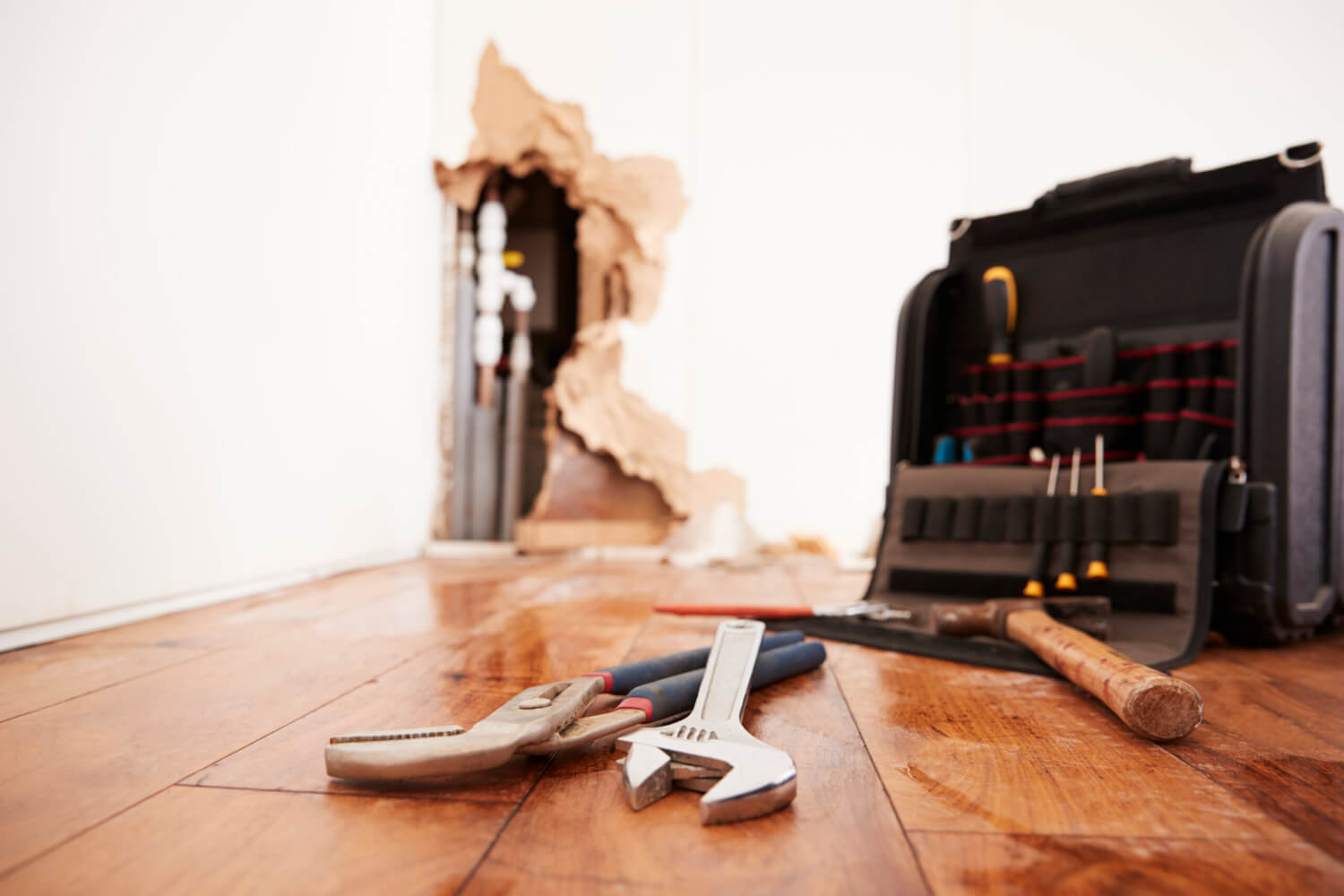
Who pays for the water damage?
In principle, the general parts of the house – and therefore also water pipes or water pipes in the wall – must be maintained by the owner for apartments that are subject to the full scope of application of the Tenancy Act (MRG). For all other buildings, it depends on which agreements regarding repair and maintenance work have been made in the rental agreement. Pipes that are not in the wall, such as washing machine or dishwasher hoses, are the responsibility of the tenant.
A case for the insurance company
As a rule, water damage is an insured event. “A distinction must be made between two types of insurance: All pipes belonging to the building are insured under the building water insurance. This covers damage to the building. In the event of water damage to the contents of the building, household insurance applies,” says insurance expert Norbert Jagerhofer.
Beware of pitfalls
Policyholders are well advised to read the conditions in their policies carefully. For example, it often happens that pipe restrictions are included in building water insurance. “For example, only three meters of the water pipe are insured,” says Jagerhofer. However, if a six-meter-long section of pipe has to be replaced due to a burst pipe, the insured person will still only be reimbursed for the three meters. “You should therefore make sure that there is no limit in this respect,” advises Jagerhofer.
Corrosion or socket backfill damage is not always insured. Both insurance policies and rental contracts often contain a clause stating that the main water tap must be turned off if possible if you are absent for more than 72 hours. “However, if it can be proven that someone else has regularly checked the apartment or house, this clause is usually invalid. At least the Supreme Court has usually ruled in favor of the insured person,” says Jagerhofer.
The neighbor suffers with you
It happens time and again that not only your own home but also that of your neighbor is affected by damage to a power line – which calls for the civil liability class of household insurance. “In this case, the burden of proof is reversed: you have to prove that you are not at fault for the damage. If you do, the household insurance of the person responsible pays for the damage,” says Jagerhofer.
However, as the injured party only receives compensation for the current value in this case, it is better toreport the tap water damage to their household insurance.
If this includes water damage insurance at replacement value, the injured party receives the replacement value. “In this case, the injured party’s insurance company then recovers from the person who caused the accident,” says Jagerhofer.
Less rent
Under certain circumstances, namely if the tenant is noticeably impaired in the use of the apartment, he is even entitled to a rent reduction. The prerequisite for this, however, is that he did not cause the damage himself. Incidentally, this right exists until the problem has been rectified.
Patience is required
Once the hose in the dishwasher or the broken shower tray from which water has leaked has been replaced, patience may still be required. Small water stains dry within a few days. However, if the moisture has penetrated deep into the masonry, the drying phase can take several weeks in the worst case, despite the use of drying and dehumidification equipment.
Related posts:
Operating costs: What tenants & owners should know


